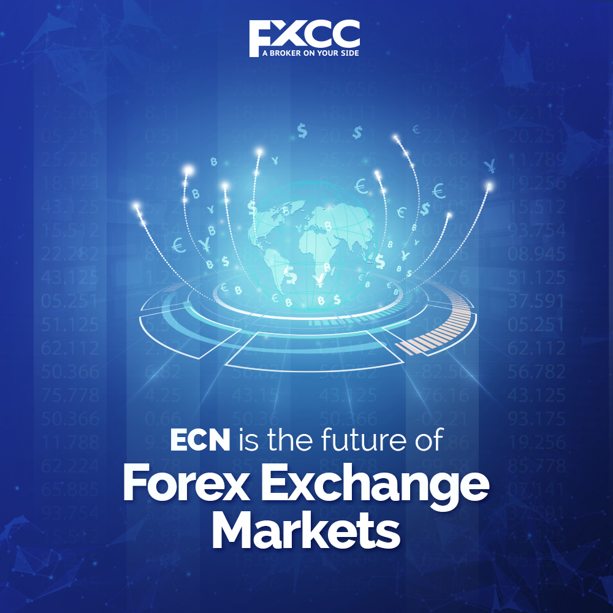Judge your forex broker using specific criteria before opening a live trading account with them. Brokers you consider trading with should uphold exacting standards.
They must be non-dealing desk (NDD), they must route your orders to market without interference using a straight-through process (STP), and orders must get routed into an electronic communication network (ECN). If you stick to these qualifying criteria, you know you’re dealing with a first-class broker.
If the forex broker is licensed by authorities such as the FCA in the UK, CySec in Cyprus while complying with MiFID protocols, then you’ve examined every aspect of the broker’s compliance.
Put your broker to the test, make sure they stand up to scrutiny
STP + ECN + NDD + FCA + CySec + MiFID is an excellent combination to look for if your broker is European. The broker has passed the first test if it complies with the above exacting standards. After that, your experience with them depends on the level of service they provide.
You’re looking for an execution-only forex broker who’s on your side. A broker that routes your orders to market ASAP without mark-up or interference, providing consistently tight spreads across the range of tradable securities.
Providing you with the most respected and widely used trading platform should also be on your checklist. MT4 is comparable with many institutional level platforms. As you become more experienced and confident, you can develop your trading skills and experiment with many of the inbuilt features on the MT4 platform, including the ability to code.
If you pick the right broker, then inside a few months you could be trading on MT4 using automated coded strategies you’ve developed, a reasonable target to set yourself at the outset of your trading journey.
Make sure ECN is part of the trading chain your broker offers
Your FX trading experience can be badly affected by a weak link in the chain. STP + ECN +NDD is the most robust trading chain available; the sum of its parts is greater than the whole.
Understanding the definitions and meaning of straight-through processing and non-dealing desk is straightforward; your orders go straight to market without interference from the dealer (broker) who isn’t making a market in the securities you trade. You can see the obvious benefits of this mechanism.
Novice traders can find the concept of ECN confusing. It doesn’t have to be if we break it down to its constituent parts and explain its features and benefits.
What Is an ECN Broker?
Visualise the ECN as a massive virtual liquid pool of information including buy and sell prices; bid and offer prices. At any time, millions of orders are in this pool looking to get matched. Once matched, the transaction is complete, and your order gets executed. This overall process happens in milliseconds.
An ECN broker uses electronic communication networks (ECNs) to allow direct access to market participants in equity and currency markets. ECN brokers obtain price quotes from several market participants. Consequently, its clients should receive tighter bid-ask spreads.
ECN brokers match trades between other market participants. As such, it cannot trade against the clients. ECN spreads are mostly narrower than non-ECN brokers. ECN brokers charge clients commissions per transaction.
The ECN is an electronic system enabling buyers and sellers to execute trades. The ECN delivers information regarding orders getting executed. The transactions you make (orders) get matched electronically by the counterparty in fractions of a second. So, if you’re buying you get matched with a seller in that pool of information.
The network matches buy and sell orders present in the exchange at any time. If specific order information is not there, the ECN gives prices representing the highest bid and lowest ask price listed on open markets.
Transparency of the price-feed is a feature of ECNs that many traders consider a benefit. All brokers in the ECN have access to the same feed at the exact price provided.
Price history is also available, allowing a more straightforward analysis of trends in the marketplace. Such information helps prevent price manipulation because current and past information is open to everyone. No trader has a built-in advantage over the other in the ECN; they all have equal access to the data. There are alternatives to the STP-ECN-NDD model, but why risk operating outside of this environment if you don’t have to? You’d struggle to list any benefits to placing your trades through a market maker who can (technically) trade against you for their own benefit (profit).


